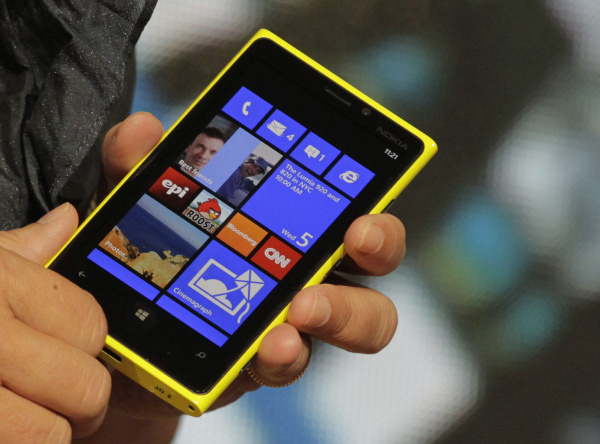For many mobile enthusiasts, Windows Phone devices haven’t always been their cup of tea. But, the platform is on an upward tick and there are already good reasons consumers should buy them. We have heard numerous big time talks about WP8, but not all of them are completely complimentary. It isn’t that there is anything especially wrong with the mobile platform, it is just that consumer and experts can’t avoid comparing it with Android, iOS and BlackBerry devices. Windows Phone 8 doesn’t offer many new things to us. Worse, users with older Windows Phone 7 devices are being left behind and they have no means of upgrading their software.
Despite these problems, something is stirring in the WP universe. Microsoft has acquired Nokia’s mobile division and the device manufacturer is now offering new, interesting devices at every price point and display size. Here five are reasons Windows Phone 8 will continue to grow in 2014:
- Windows Phone 8 is a secure and stable platform: There’s nothing especially wrong with Microsoft’s mobile platform. The Windows Phone 8 is just a bit late to the party. The Windows Phone store may have only about 200,000 apps, but they are more than enough for average users. The Internet Explorer 10 and the excellent implementation of HTML5 could make apps less important for web-centric users.
- Consumers can get quality handsets: When consumers are looking for Windows Phone 8 devices, they are far more likely to get a Nokia smartphone. The Finland-based device maker is known for its ability to offer smartphones with more decent design. Starting from the budget Lumia 525 to the spectacular Lumia 1520, these devices are available varying display size and price tags.There would be a phone for everyone and they are quite decent if not spectacular. We can’t say the same thing with Android devices, since they are available at variable quality. Apple is known for its super premium iPhone, but not everyone find the 4-inch display and 8Mp camera on the iPhone 5S as acceptable.
- Nokia smartphones perform well and are well built: Windows Phone 8 users will find that their experiences are both familiar and unique. The platform is also a much better deal for users of Windows 8 PCs. It would be pretty neat to use a single log in to access media, apps, email and other means of communications.
- Enough variety: Newer Nokia Lumia models are pretty much the only available Windows Phone 8 smartphones in the market. Although they are available from the same device manufacturers, many users would find that they look different and distinctive.With Lumia devices, users could be guaranteed of getting phones with enough variety. They can be sure that those with me-too Android devices and iPhone would ask them what they are toting. Microsoft’s mobile platform also offers pretty much the same capability and functionality as do iOS and Android. Unlike in the PC world, we could say that Microsoft’s Windows Phone 8 platform is an unconventional choice.
- They are ideal for business purposes: As a dominating force in the PC industry, Microsoft is often thought of losing its grasp on the mundane. For business users, there two smartphone platforms that may better suit their requirements: BlackBerry and Windows Phone. Android and iOS are decent platforms, but they don’t support data scrubbing, server side updates and other business-centric tasks. With the iPhone and Android devices, users are inside their own little networks, with all the issues and security problem they entail. When Larry the marketing guy left his WP8 smartphone in the pub, IT admins could brick it with ease. Although a capable platform, BlackBerry OS already feels like a yesterday’s solution for business users. Microsoft could use the opportunity to grab the niche and it would be amazing if the company doesn’t pick more than a few of the interesting features of the BlackBerry OS. Windows Phone 8 is an ideal platform that would ease the worry of network administrators without causing ordinary employees to revolt.
The mobile market is changing rapidly and as reflected by its growing market share, the Windows Phone 8 is doing quite okay. In countries like the United Kingdom, the company has about ten percent market share. Although this doesn’t sound like much, the growth of Windows Phone is at the expense of iPhone, Android and especially, BlackBerry. Nokia will effectively become a part of Microsoft some time in 2014 and both can benefit from a union backed by significant cash reserves. Microsoft has a desire to build strong presence in the mobile industry to protect itself from the declining demand in the mobile market. With proper strategy, we could expect to see BlackBerry and many smaller Android device manufacturers to bow out of the highly competitive market. Microsoft has enough influence, expertise and resources to keep Nokia and Windows Phone OS going strong.
The post Reasons Windows Phone 8 to Continue Growing in 2014 appeared first on John's Phone - The World's Simplest Cell Phone.

Post a Comment